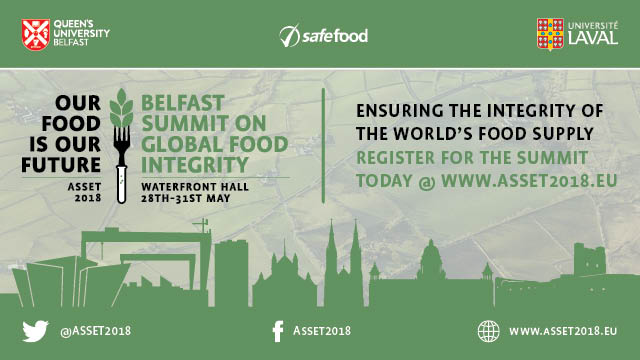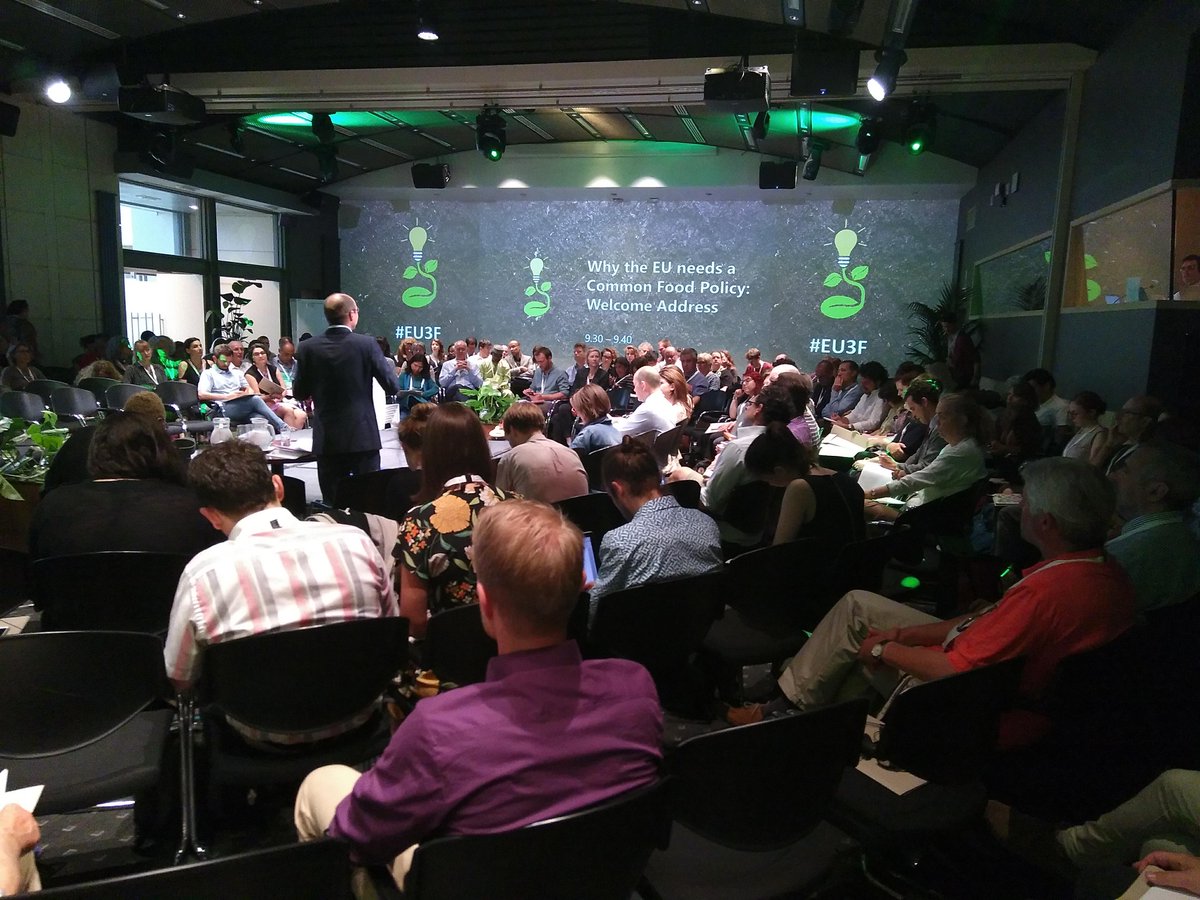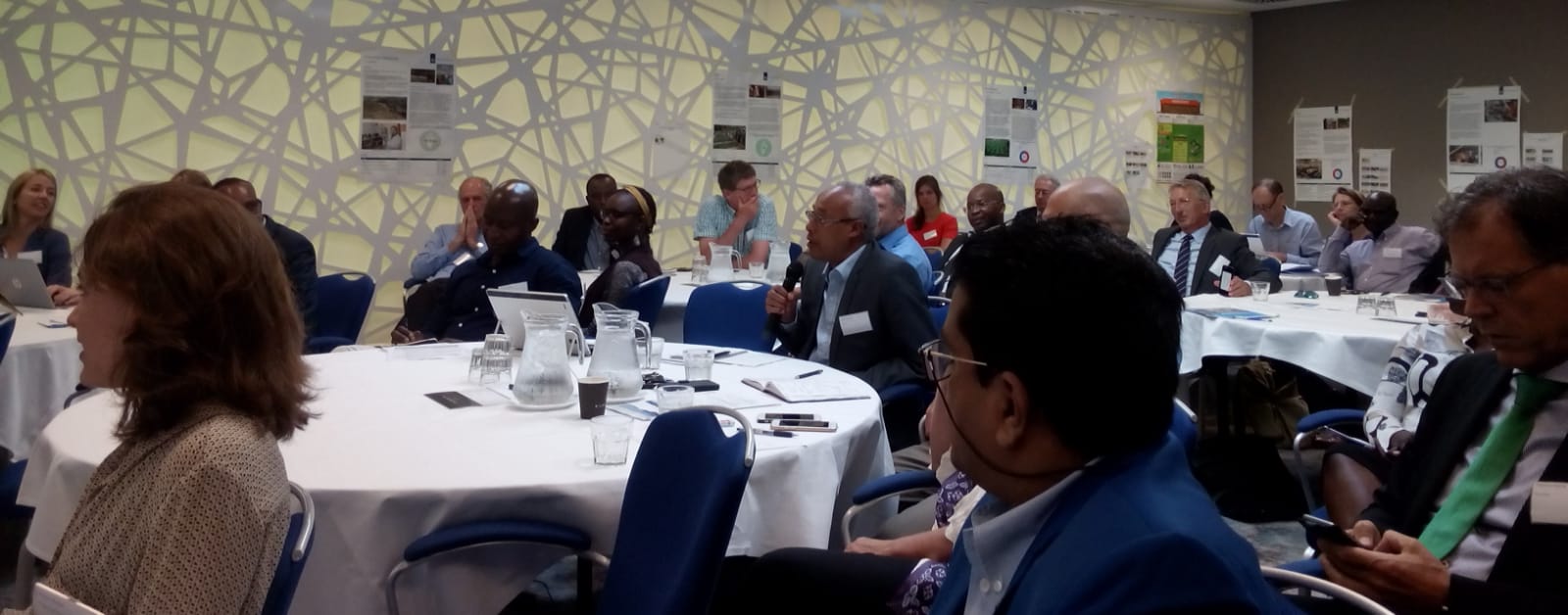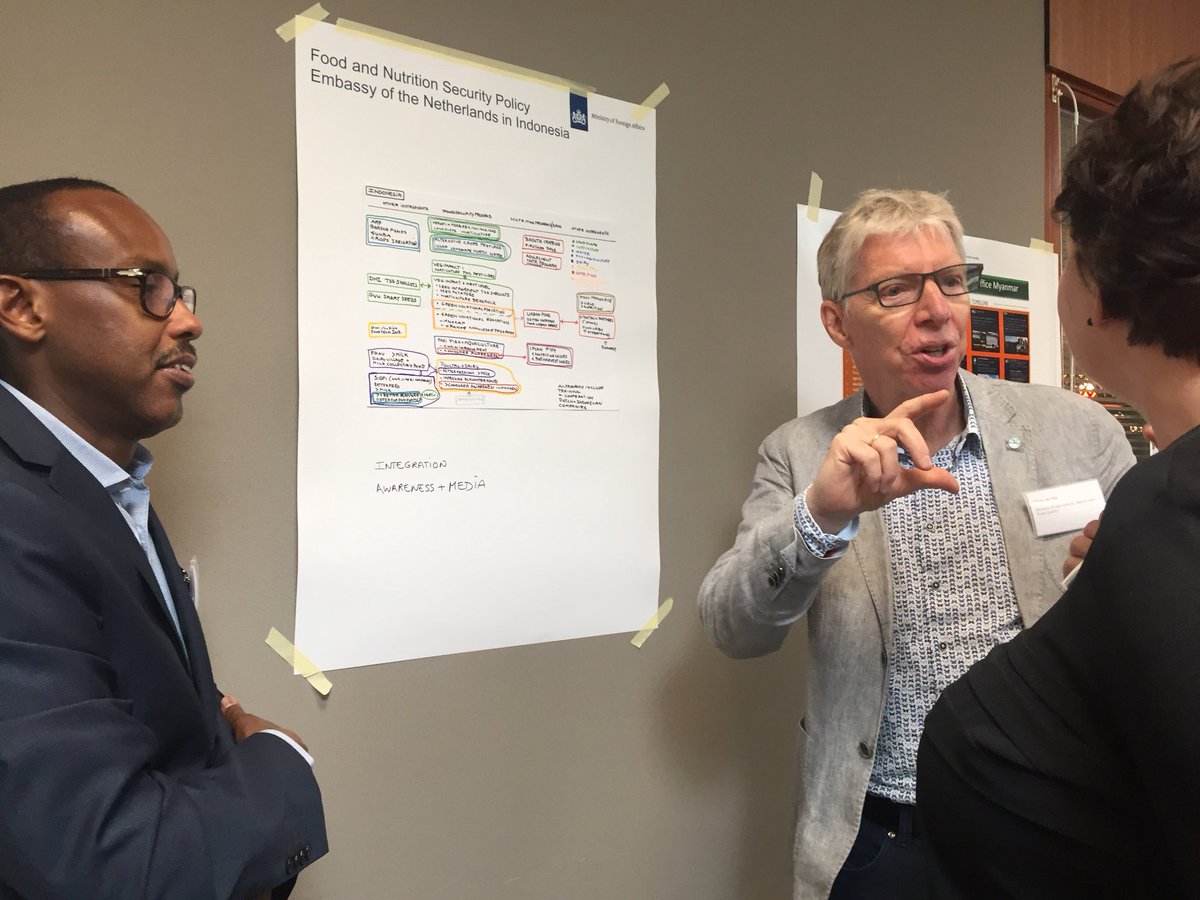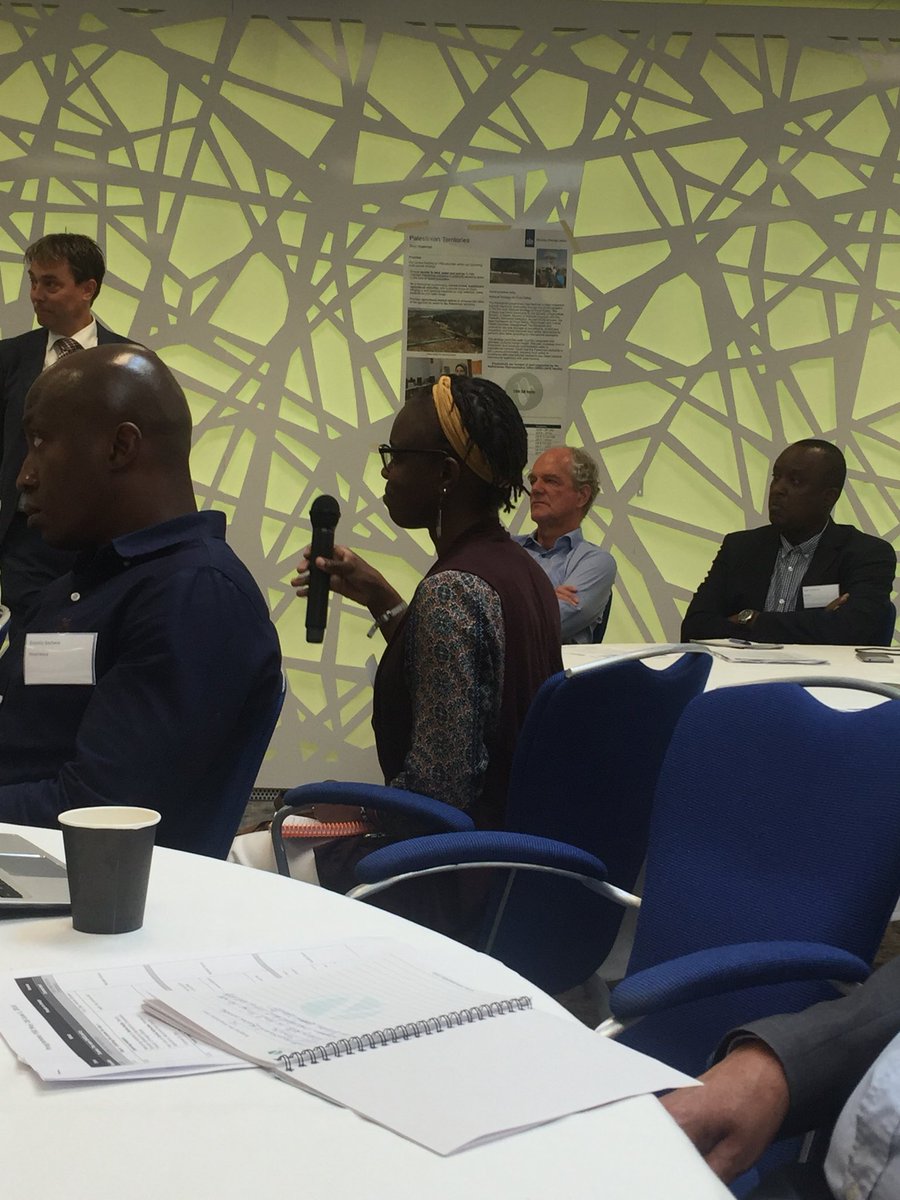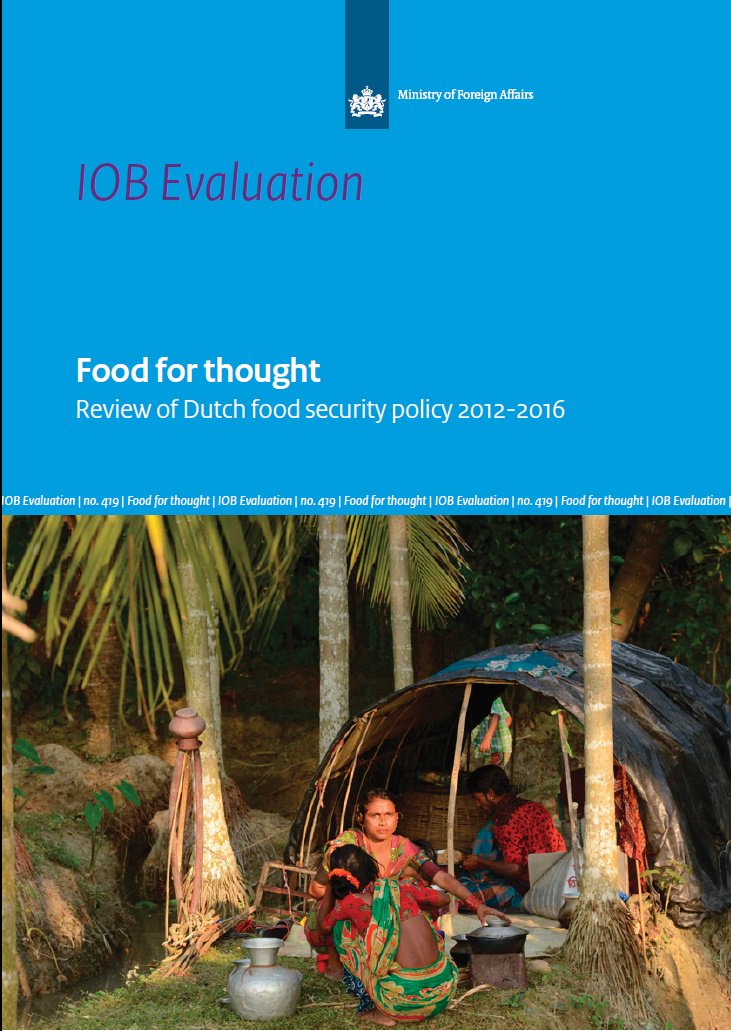Please find hereunder the blog posts
related to ARD activities in May 2018.
Por favor, encontre aqui os posts do blog relacionados à ARD atividades. Para a versão em Português, clique na coluna da direita do blog "tradução automática" e escolha o seu idioma!
Veuillez
trouver ci-dessous les ressources du blog se relatant à la RAD pour le mois de mai 2018. Pour la traduction en français
cliquez dans la colonne de droite du blog sur « automatic translation » et
choisissez votre langue !
Por favor, encontre aqui os posts do blog relacionados à ARD atividades. Para a versão em Português, clique na coluna da direita do blog "tradução automática" e escolha o seu idioma!
30 May -1 June 2018.
Pretoria, South Africa. The conference was hosted by the Information Training
and Outreach Centre For Africa (ITOCA).
28 May - 1 June 2018. The
Hague. The Netherlands. This exchange brought Food and Nutrition Security
policy staff and Agricultural Councillors from Dutch Embassies and UN Permanent
Representations, and from the Ministry of Agriculture and the Ministry of
Foreign Affairs in The Hague together to facilitate knowledge exchange,
learning and co-creation.
29-31 May 2018. Belfast.
The Summit featured a number of high level strategic presentations on key
issues by internationally recognised leaders.
29-30 May 2018. Paris. This
event targeted five aspects of our common challenges to solve, and for which
new initiatives across the European food system must be taken.
29-30 May 2018. Brussels.
Since 2016, The International Panel of Experts on Sustainable Food Systems
(IPES-Food) has been undertaking a collaborative process of research and
reflection to identify what tools would be required to deliver sustainable food
systems in Europe.
29 May 2018. Renforcement des capacités aux
fins de la recherche agricole pour le développement. PAEPARD
Policy brief nr.7. May 2018. 5 pages.
28 May 2018. Busia has
become the first of Kenya’s 47 counties to endorse a Biodiversity Conservation
Policy.
Deadline for
letters of intent: 08 June 2018
25 May 2018. KORE –
Knowledge Resilience – is a knowledge sharing platform to support building
resilience to food insecurity and malnutrition in the face of shocks and
stresses.
24 May 2018. The Applied
Research Fund project “Strengthening Agribusiness Ethics, Quality standards and
ICT Usage in Uganda’s Value Chains (AGRI-QUEST)” has published a documentary
which shows the progress of the project implementation.
24 May 2018. First meeting
of the Task Force
23 May 2018. Public
Webinar for Q and A: June 5, 2018. Closing Date for Submission of Concept
Notes: June 22,
2018
Deadline for
submitting information: 30 June 2018.
23 May 2018. Gent.
Symposium 'Network event 2018.
In March 2018, stakeholders identified
along the fonio and Bambara groundnut value chains were invited to
crop-specific meetings to share back results of the value chain studies and
discuss ways forward to overcome challenges for production, marketing and
consumption of these crops.
Wageningen
University and Research and TNO. 2017, 40 pages
17.
Guide
on the status and opportunities for investment in climate smart agriculture
new resources ***
16 May 2018. Nairobi.
Detailed guides on the status of and opportunities for investment in
climate-smart agriculture in fourteen African countries have been officially
launched by scientists from the International Center for Tropical Agriculture
(CIAT) at the African Climate-Smart Agriculture Summit.
Elsevier Crop
Protection Volume 112, October 2018, Pages 18–23
IISD welcomed
any comments in your preferred format by Friday, May 25.
15-16 May 2018. Nairobi,
Kenya. The objective of the Africa Climate Smart Agriculture Summit
"Partnerships, Innovations and Financing for Climate Smart
Agriculture"
The project
InnovAfrica (2017-2021) will test, integrate,
and disseminate potential sustainable agriculture intensification systems
The research
proposal MycoSafe-South, the “European–African partnership for safe and
efficient use of mycotoxin-mitigation strategies in sub-Saharan Africa” has
been approved by the selection committee of LEAP-Agri.
11 May 2018. Cotonou, Benin. The Science Agenda for
Agriculture in Africa
Rather than
adopt a general description of trends, this research focuses on concrete case
studies from six major cities across the central, western, and eastern regions
of the African continent (Douala, Lagos City, Dar-es-Salaam, Accra, Addis Ababa
and Mombasa).
12 projects were
selected for funding. These projects will start their work in 2018.
Wageningen
Economic Research, Report 56 pp
Technical Brief.
Agriculture, Nutrition and Health Academy Food Safety Working Group. Whilst
there are many promising approaches to managing food safety in LMICs, few have
demonstrated sustainable impact at scale.
9 May 2018. USAID Feed the
Future Webinar.
8-10 May 2018: The Global
Forum on Remittances, Investment and Development (GFRID) discussed ways to
improve financial services used by migrants and diaspora communities, and to
maximize the development impact of migrants’ remittances in the Asia-Pacific
region
8-10 May 2018. Lusaka,
Zambia. The 10th ICT4D Conference brought together public, private and civil
society organizations from across the humanitarian and international
development community.
31. Insertion et de l’installation des
jeunes dans le SECTEUR agro-sylvo-pastoral et halieutique + video
8 au 10 Mai 2018 à Dakar (Sénégal). L’objectif
général de l’atelier régional est de contribuer à la transformation de
l’agriculture Ouest africaine par l’identification de réponses paysannes
pertinentes concernant le problème de l’emploi des jeunes ruraux
8 May 2018. Webinar.
7-8 May 2018. US. The
priorities for the first projects funded by the program.
4 May 2018.
In 2017, the
Farmer-Led Innovators Association of Kenya (FALIA) worked together with the 20
promising innovations addressing a range of issues from biodiversity
preservation and economic empowerment to gender equality and improved food
security.
19 April 2018. Prof.
Prabhu Pingali of Cornell University talks from the field about the urgent need
for a transition from a focus on staple grains to agricultural systems that
promote diversity, health and nutrition as well as profitability for
smallholder farmers.
11 April 2018. The second
round for proposals of the Drivers of Food Choice Competitive Grants Program
announced 7 new grant recipients.
Total number of page views in the month of May 2018: 39,722
Most viewed pages on PAEPARD blog over the
past month:
Entry
|
Page
views
|
890
|
|
343
|
|
212
|



